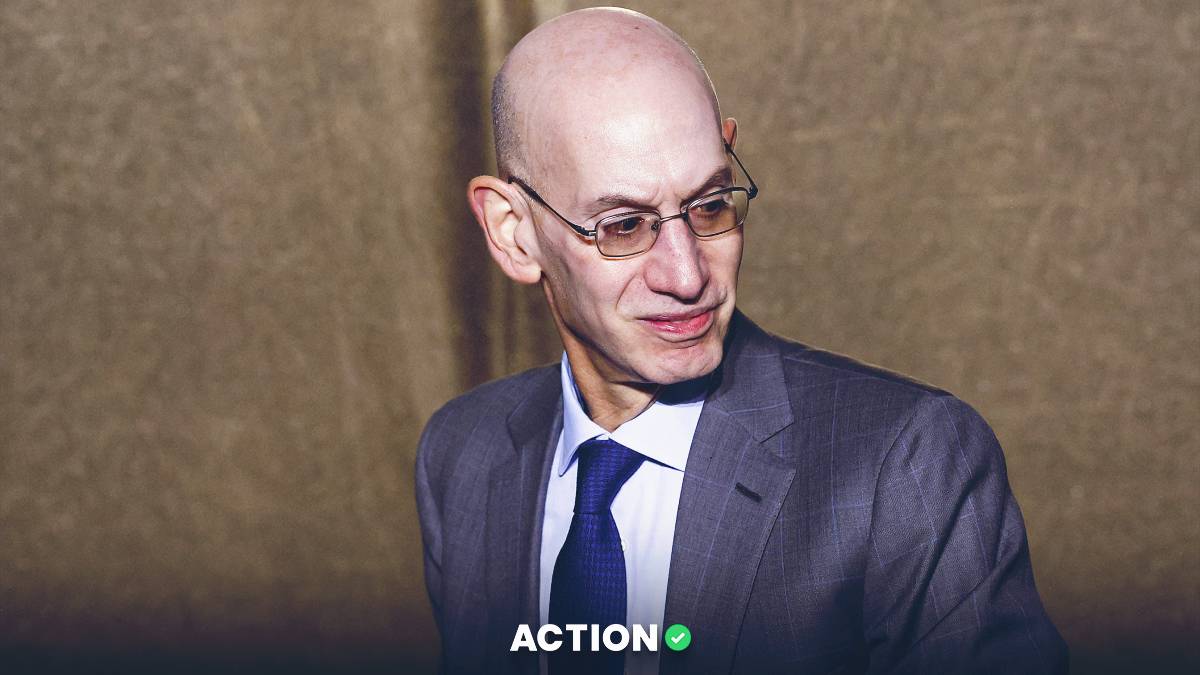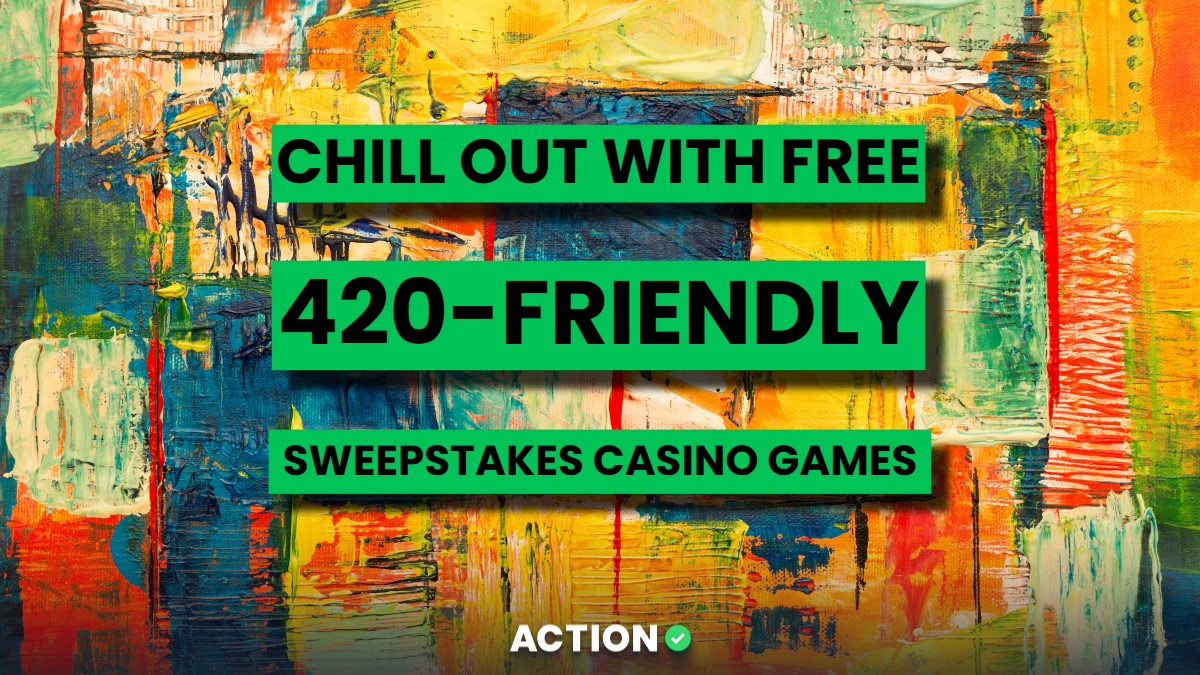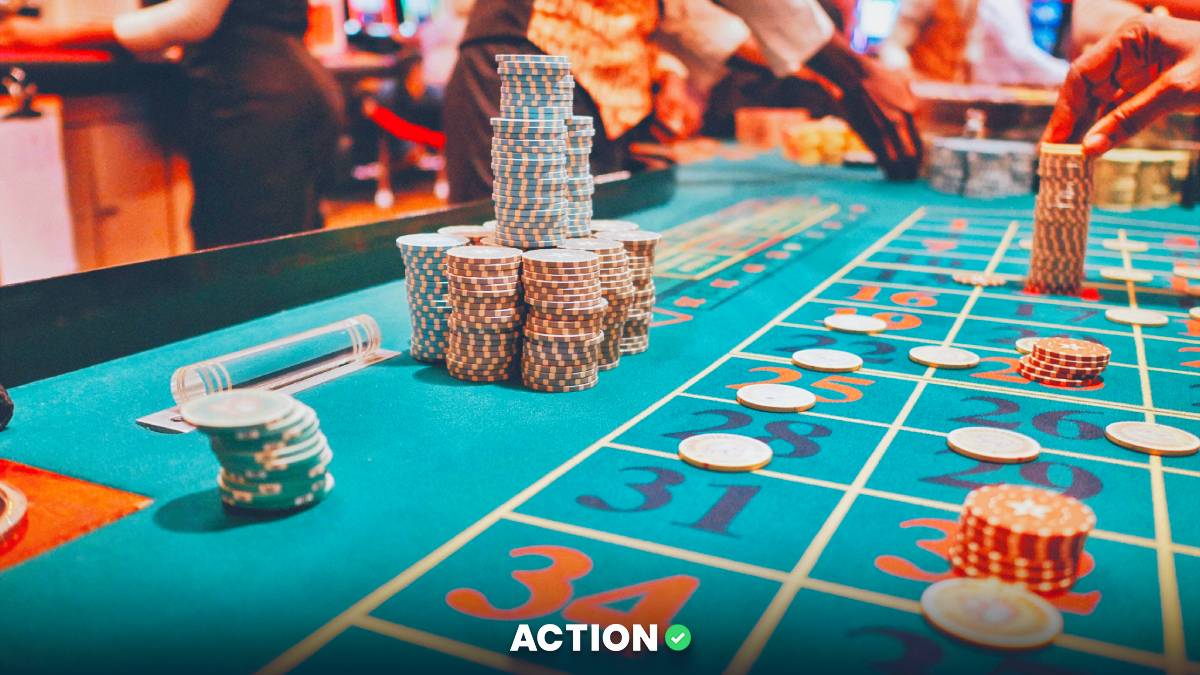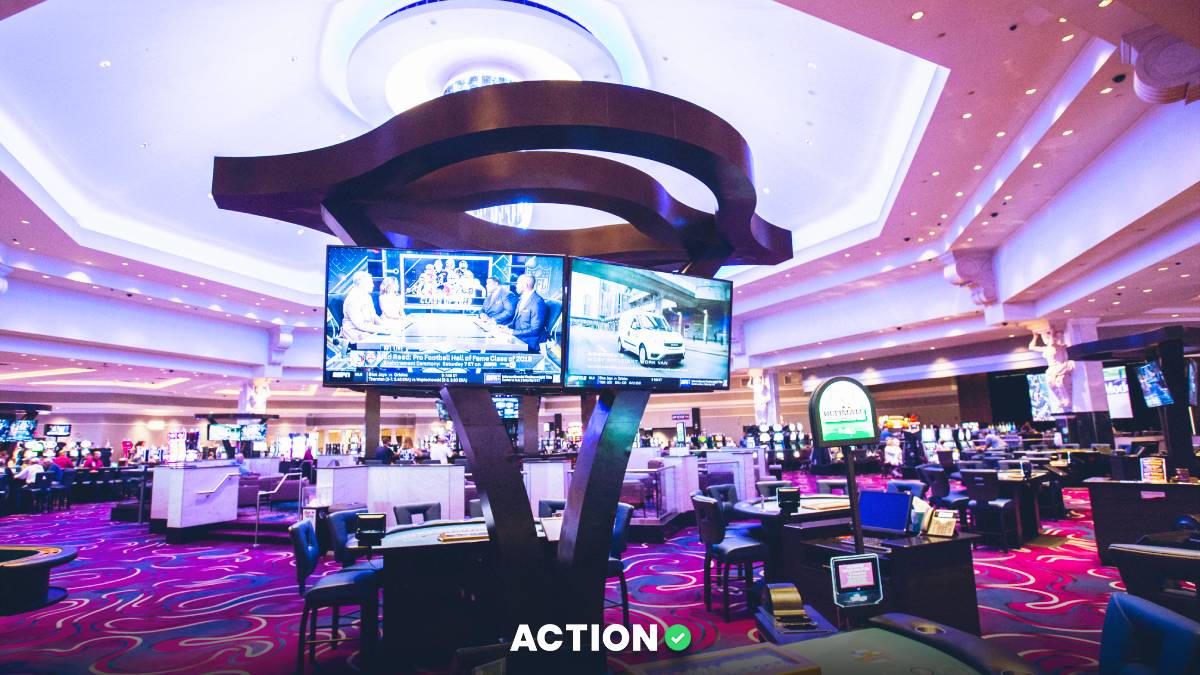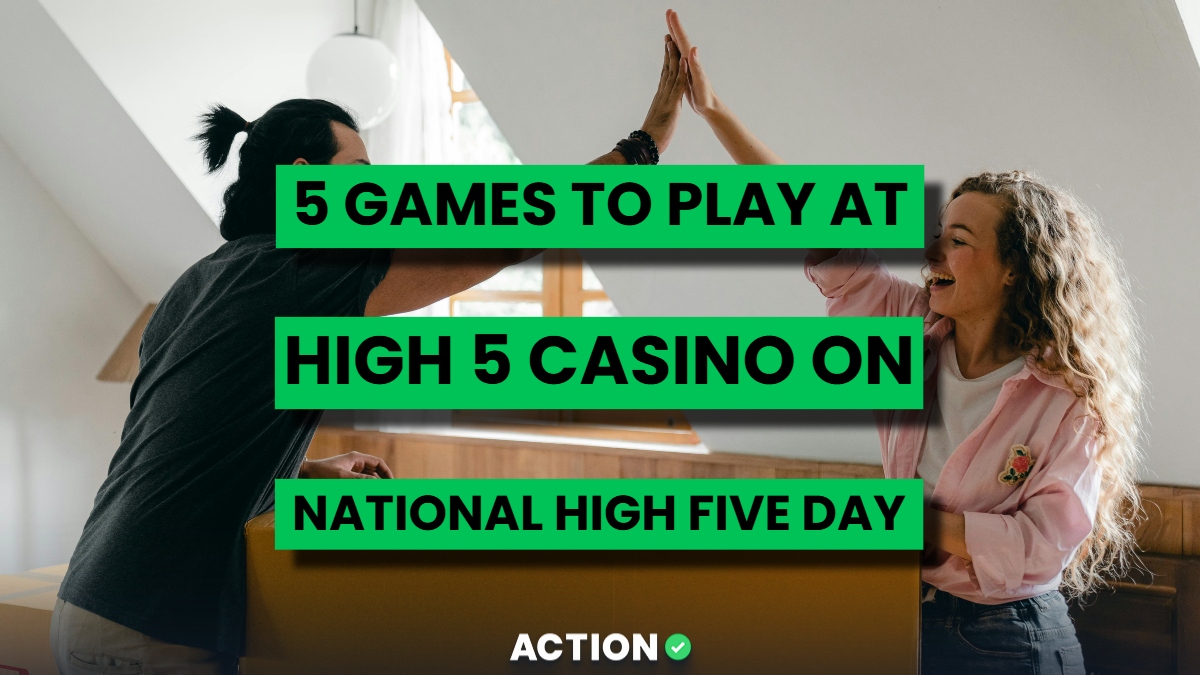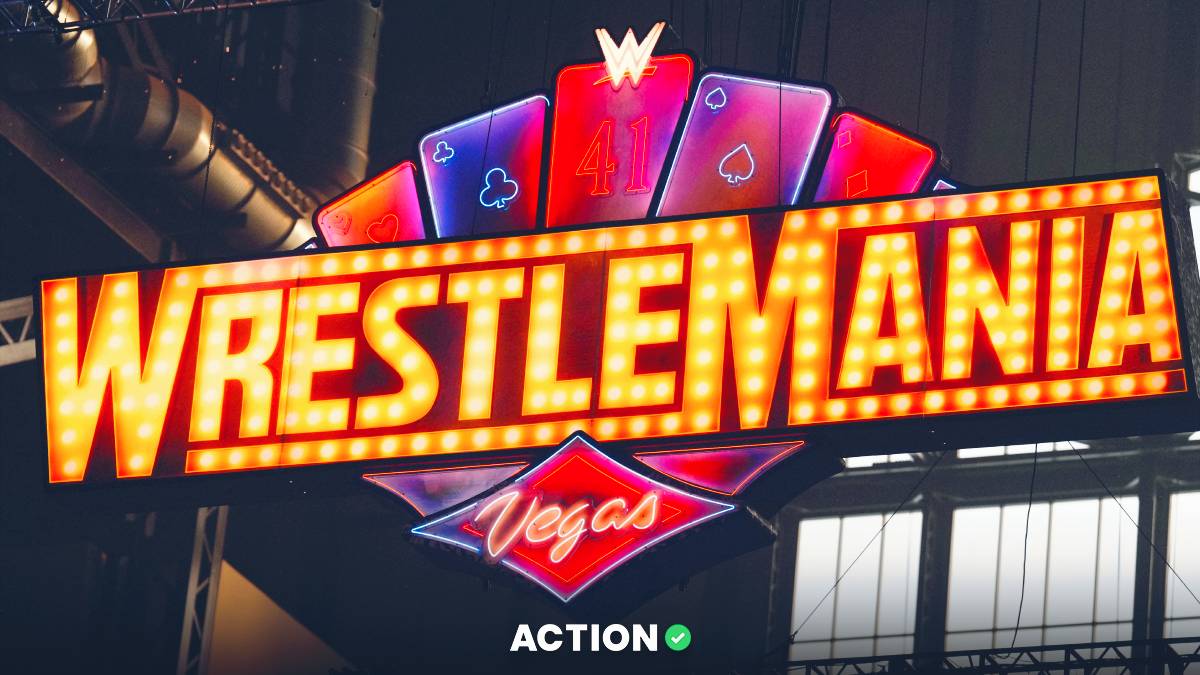Ten years after penning a landmark New York Times op-ed in which he called for the legalization and regulation of sports betting in the United States, NBA commissioner Adam Silver told the Associated Press that, despite the recent scandal involving former Toronto Raptors center Jontay Porter, he does not regret what he wrote a decade ago and still supports an open wagering market.
"I certainly don't regret writing that op-ed piece and being in favor of legalized sports betting," Silver told the AP. "I still think you can't turn the clock back. I think, as I said at the time, with the advent of the internet, widely available sports betting online … that we had to deal directly with technology and recognize that if we don't legalize sports betting, people are going to find ways to do it illegally."
For the sports betting industry, Silver's op-ed — carrying the rather direct headline, "Legalize and Regulate Sports Betting" — was the shot heard 'round the world. It marked the first time the head of a major professional sporting organization had voiced such clear support for the legal market outside of Nevada, which took shape four years after Silver's op-ed when PASPA was struck down by the U.S. Supreme Court.
Support for Federal Framework
In his chat with the AP, Silver broke from the status quo of state regulation by reiterating his support for "a federal framework for sports betting," explaining, "I still think that the hodgepodge of state by state, it makes it more difficult for the league to administer it."
As for the situation involving Porter, whom Silver suspended from the NBA for life after he admitted to manipulating a series of prop wagers to benefit a gambling ring he was involved with, the commissioner called Michael Porter Jr.'s younger brother's transgression "a cardinal sin."
"I think that on the downsides of sports betting, they certainly exist, and I think we have to pay a lot of attention to that," Silver told the AP.
Taking a broader look at sports betting, he added, "It's not a huge business for us in terms of a revenue stream into the league, but it makes a big difference in engagement. It's something that people clearly enjoy doing. I'd put it in the category of other things in society that I wouldn't criminalize them, but on the other hand, you have to heavily regulate them, because if there's not guardrails, people will run afoul and create issues, problems for themselves, potentially for their families or for operations like us."


